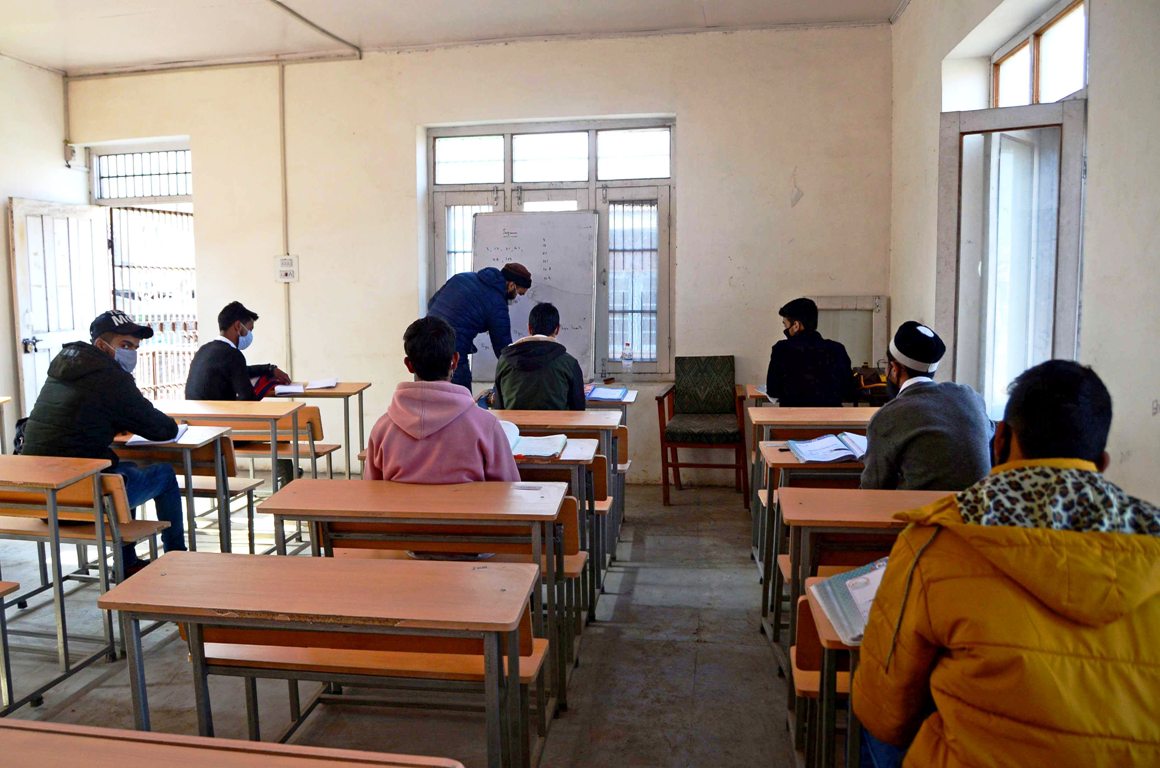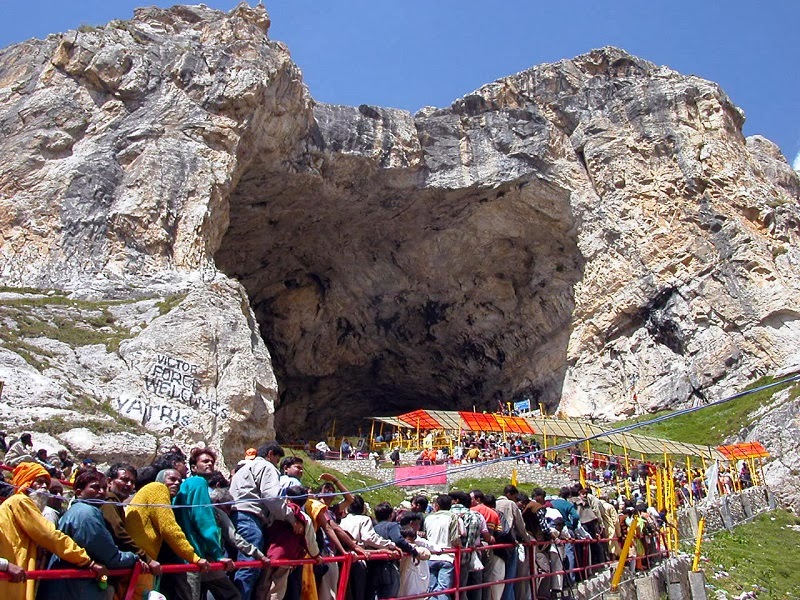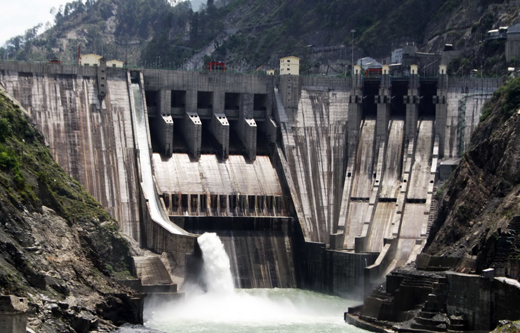KL Desk
SRINAGAR
The Supreme Court has asked a filmmaker who shot a documentary on Kashmir whether it had become “fashionable” to depict only one side of the story in movies, reported Indian Express.
The bench during hearing a petition by filmmaker Pankaj Butalia, Monday who has complained about the Censor Board’s refusal to clear his documentary, Textures of Loss.
A bench of Justices Vikramjit Sen and C Nagappan asked, “Why is it one-sided? Where is the alternate picture? We don’t know why it has become fashionable and a question of human rights to talk about one side of a story. Rights are always conferred on two parties and not only on one of them… this is what is happening with activists.”
Butalia’s counsel claimed that he never got a personal hearing before the Censor Board and that the movie was only trying to show the grief suffered by some families.
However, as he read out some statements made by people in the documentary, the bench asked whether the film was only about what these people had to say, or whether the filmmaker had tried to strike a balance by showing the alternate view.
“If you have not taken the view of the other side, then it becomes the views of the producer or director. It is not the people’s view as you want to project it. Which people are you talking about when you haven’t spoken to others? When a filmmaker goes on to show only his point of view, it remains his view,” said the bench.
“Criticising one view and exalting others… or if not exalting, understanding one view and not even trying to understand others may not be right. You cannot have a one-sided view of a story,” it added.
The bench said it held a strong view against showing only one side of a story and that it would be fair on its part to refer Butalia’s petition to some other bench for adjudication. At this, Butalia’s counsel sought to withdraw the petition from the Supreme Court and said they would move the Delhi High Court instead. The petition was allowed to be withdrawn.
The documentary features interviews of people who lost their kin because of the conflict and violence in Kashmir. Some of them condemned the country and the Army, while others spoke about jihad.
The Censor Board sought some cuts in the documentary, but Butalia maintained he was merely depicting opinions. He challenged the board’s decision before the appellate body but when that did not work, he moved the apex court.
(Courtesy: The Indian Express)















